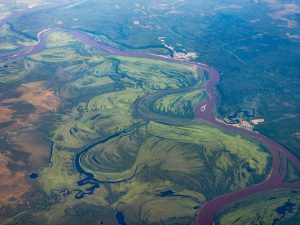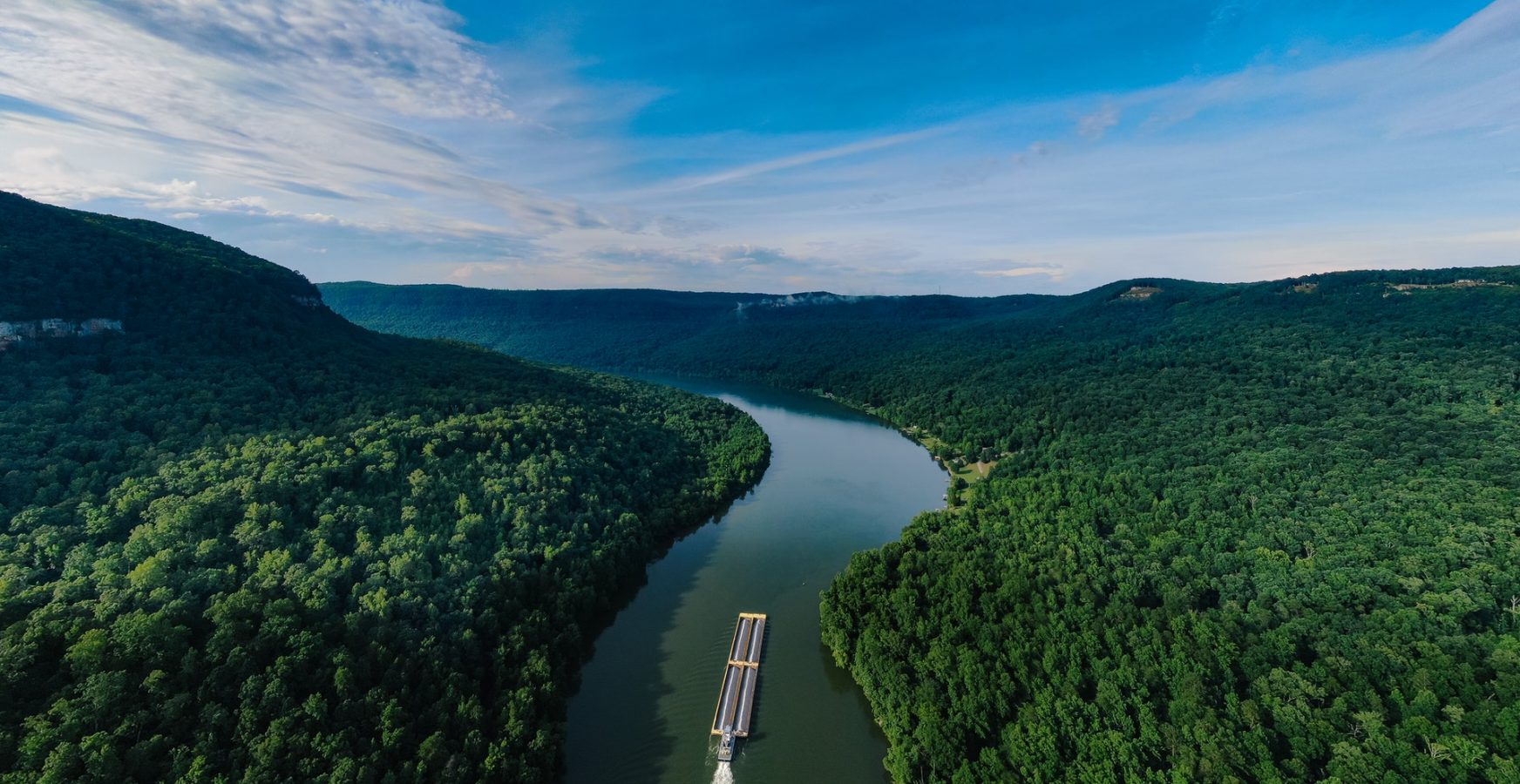what we do?
We push the change in technologies and policies.

Renewable Energy
Energy that produces no greenhouse gas emissions from fossil fuels and reduces some types of air pollution. Diversifying energy supply and reducing dependence on imported fuels.
sustainability
ethics & value
Circular Economy
To help reduce society’s impact on the planet, we aim to promote recycling
Conserving Nature
Our oceans are 10 times more polluted than they were in 1980. And these examples are just the tip of an iceberg.
Our Mission
- A pledge to tranform the EU into climate-neutral
- Protect Human life, animals and plants by cutting pollution
- Renewable Energy: Wind and solar are powering a clean energy revolution



Protect and enhance environment for future generations.

Sustainable Air & Climate
We deserve clean air to breathe and a sustain-able future that is responsive to challenges by climate change.

Efficient Technology
The 21st century will challenge everything we think we know about nature and technology. Today, digital technology is questioning this modern Western view and how humans relate to technology and their natural environment.

Human Ambitions and Earth's Limits
Our planet no longer functions in the way it once did. Earth is currently confronted with a relatively new situation, the ability of humans to transform the atmosphere.

Preventing Natural Disasters
Forests and other vegetation help stabilise slopes and therefore reduce the risk of landslides. Wetlands can help regulate floods.

Affordable and Clean Energy
Over the next 5 to 10 years, the world's major nations and regions will adopt renewable energy as the main power source for their electric grids.

Life on Land
Protect, restore and promote sustainable use of terrestrial ecosystems, sustainably manage forests, combat desertification, and halt and reverse land degradation and halt biodiversity loss.
Latest News
Newsroom
July 5, 2024
Key air pollutant emissions decline across the EU, reducing ammonia is the biggest challenge
Key air pollutant emissions targeted for reductions and monitored under EU legislation continued to...
May 31, 2024
Most textile waste goes unsorted in Europe
The EEA briefing ‘Management of used and waste textiles in Europe’s circular economy’ shows...
March 8, 2024
Better links between waste management, circular economy and climate change mitigation measures can boost greenhouse gas emission reductions
Recycling, repair, re-use or reducing material consumption through circular business models can...
Kim Preshoff presents “Why is biodiversity so important?”

Archives
- July 2024
- May 2024
- March 2024
- February 2024
- January 2024
- December 2023
- November 2023
- October 2023
- September 2023
- July 2023
- April 2023
- February 2023
- December 2022
- November 2022
- August 2022
- July 2022
- March 2022
- January 2022
- December 2021
- September 2021
- June 2021
- March 2021
- January 2021
- December 2020
- September 2020
- September 2019
- May 2019
- June 2018
- May 2018
- August 2017
- May 2017
- December 2016
- September 2016
- August 2016
- May 2016
- December 2014
- May 2014

Get In Touch
Mail us: [email protected]

